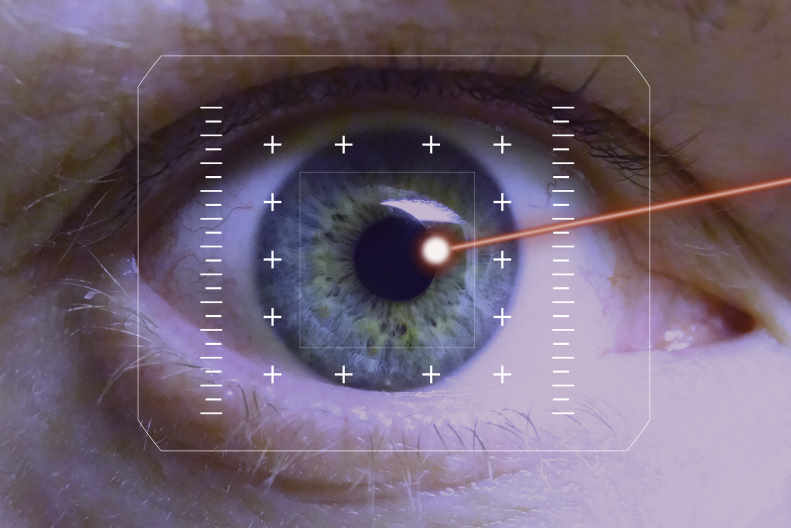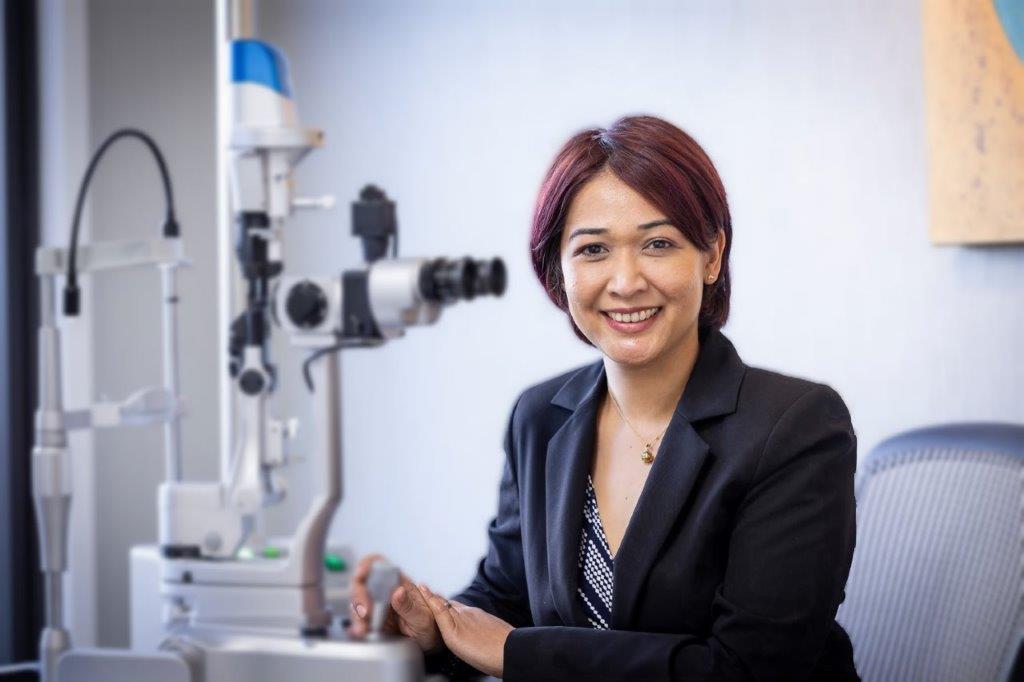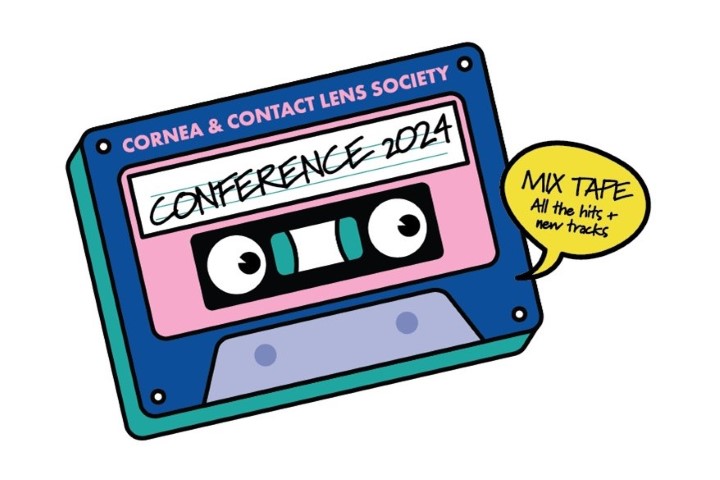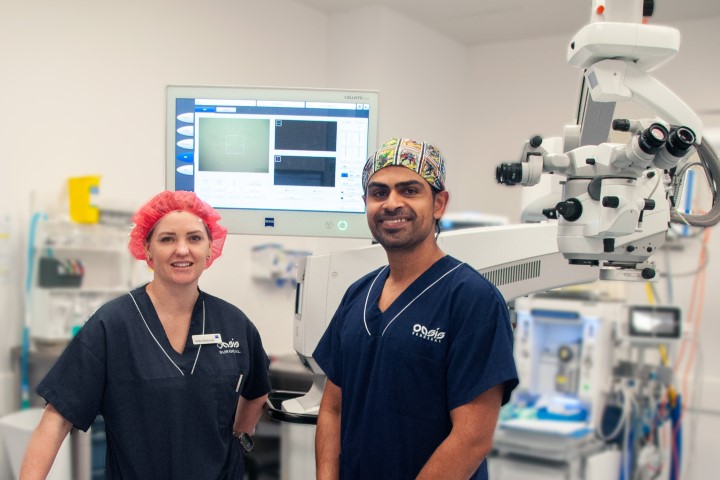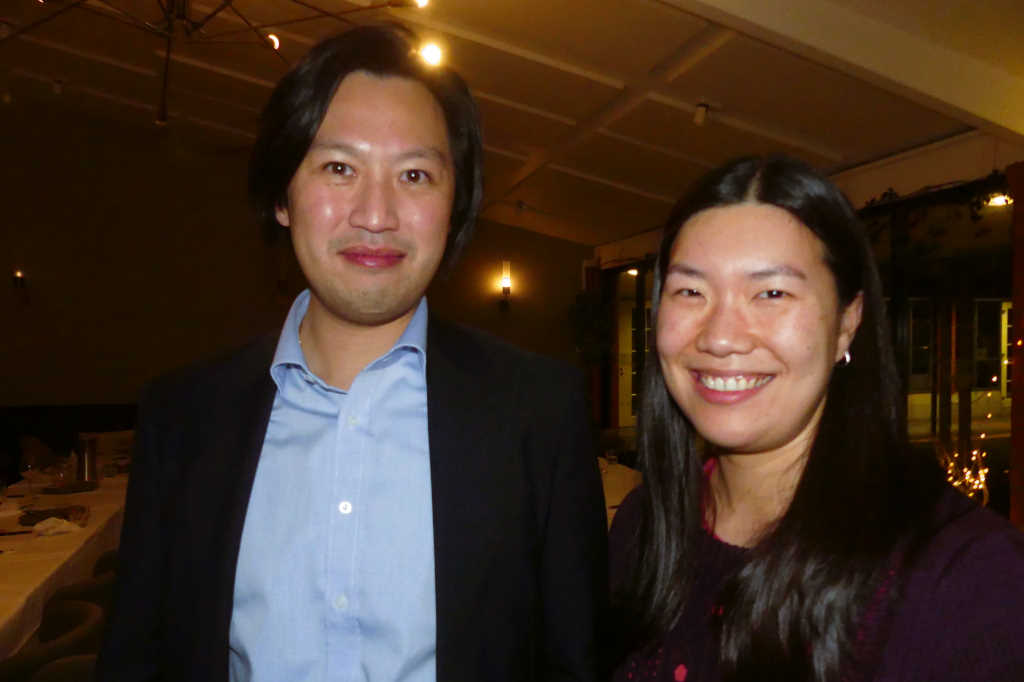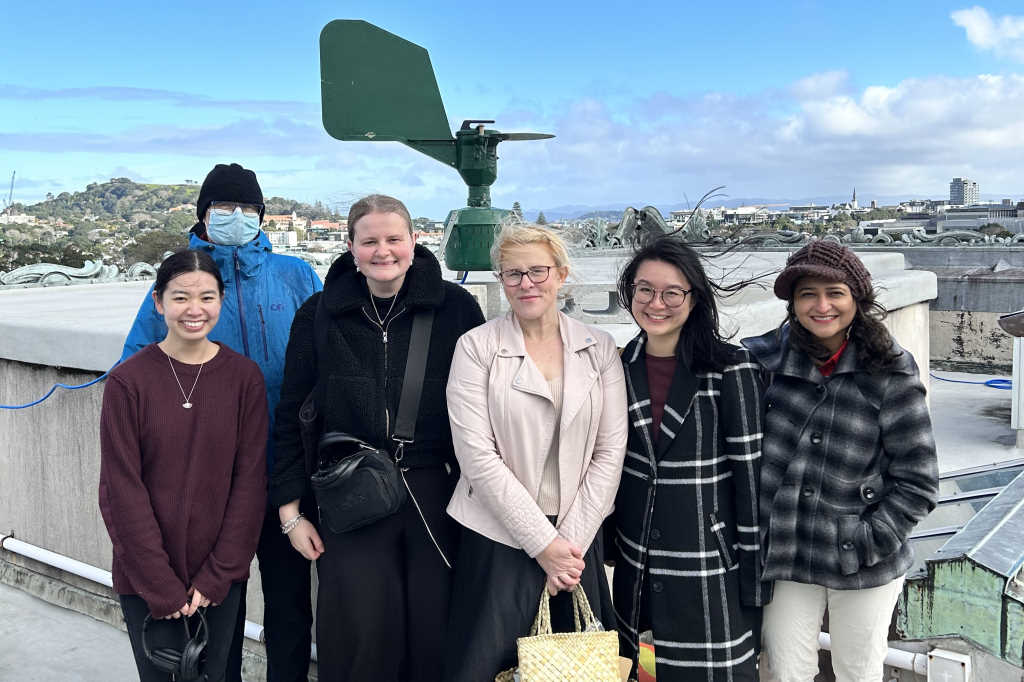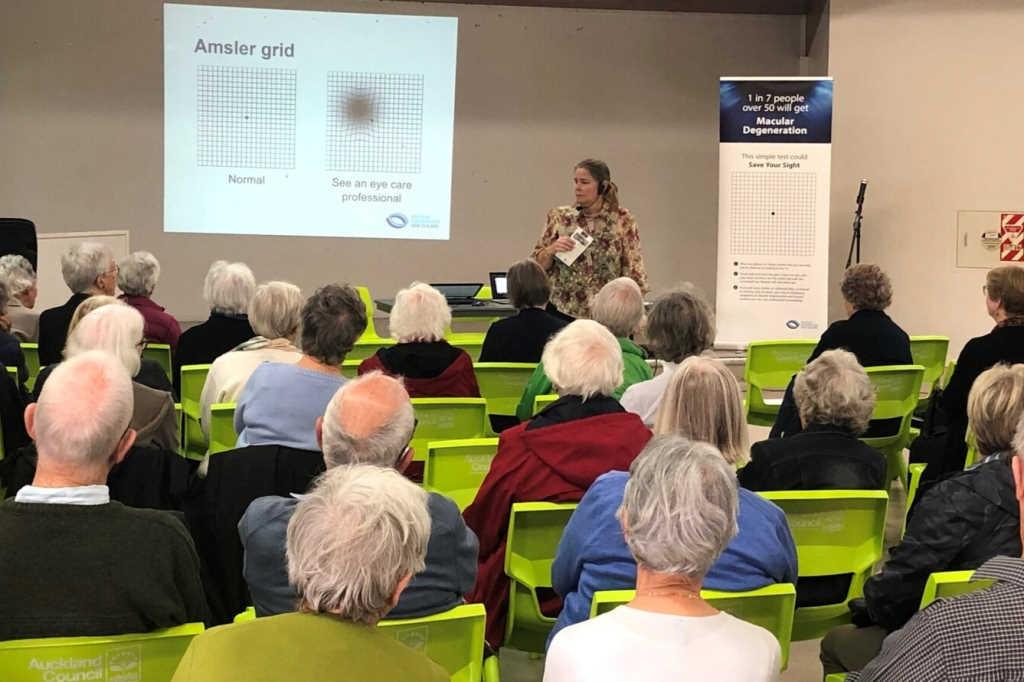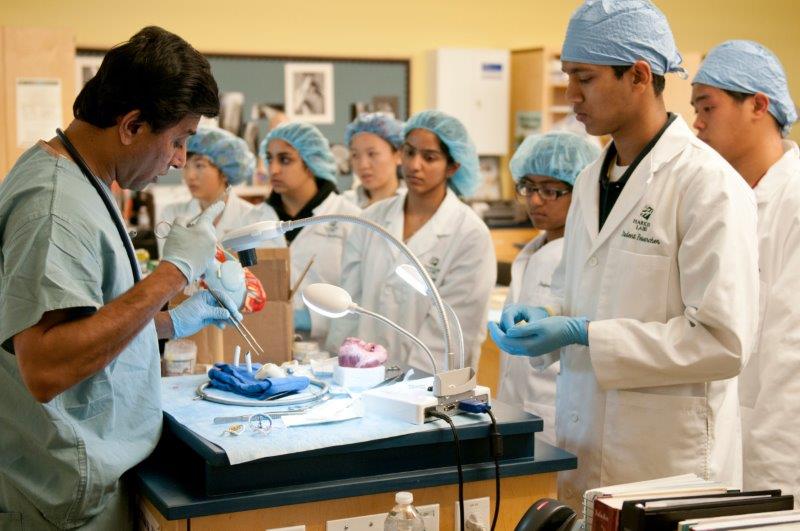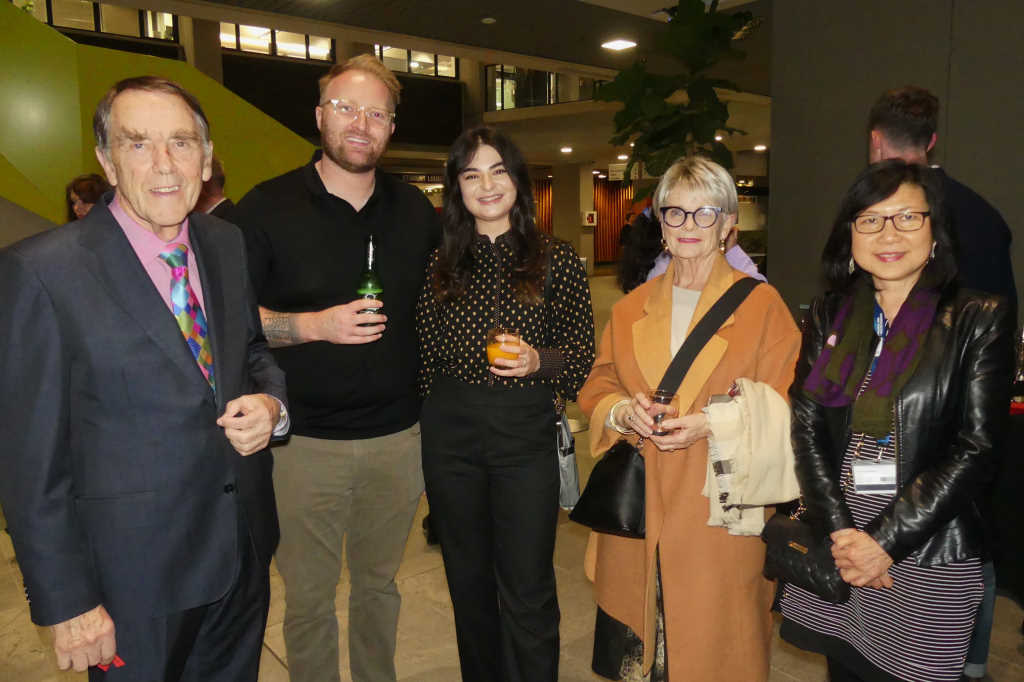Non-surgical laser vision correction
Columbia Engineering researcher, Professor Sinisa Vukelic has developed a new non-invasive approach to permanently correct vision without causing tissue damage that shows great promise in preclinical models.
In his research, using a femtosecond oscillator - an ultrafast laser that delivers pulses of very low energy at high repetition rate - Prof Vukelic altered the biochemical and biomechanical properties of collagenous tissue without causing cellular damage and tissue disruption. The technique, which changes the tissue's macroscopic geometry, is non-surgical and has fewer side effects and limitations than those seen in refractive surgeries, he said, adding the new technology could also be used on patients with thin corneas, dry eyes and other abnormalities, who currently are deemed unsuitable for refractive surgery.
“We think our study is the first to use this laser output regimen for non-invasive change of corneal curvature. The treatment ionizes the target molecules within the cornea while avoiding optical breakdown of the corneal tissue. Because the process is photochemical, it does not disrupt tissue and the induced changes remain stable.”
The technique is not limited to ocular media, either, he said, it could also be used on other collagen-rich tissues, with early results suggesting it might treat early osteoarthritis effectively. Clinical trials are planned for the end of this year.










